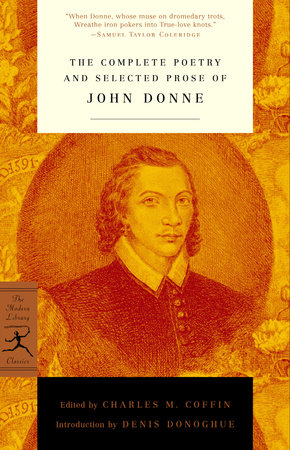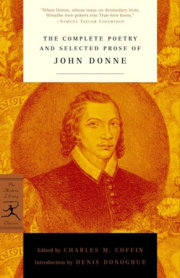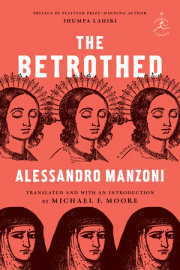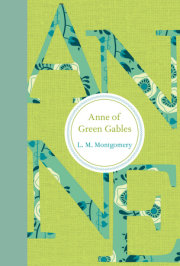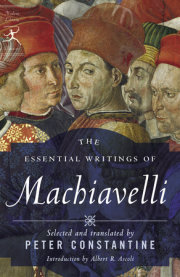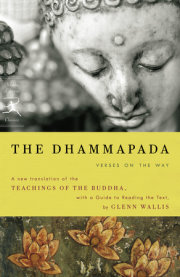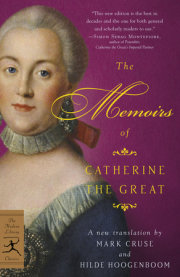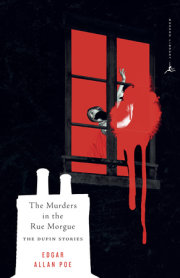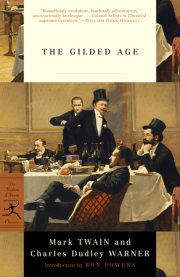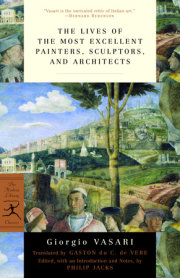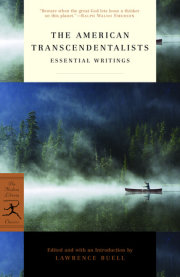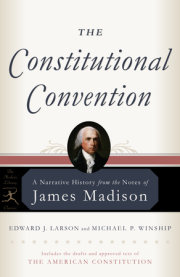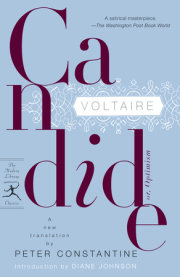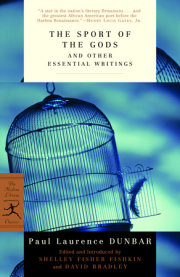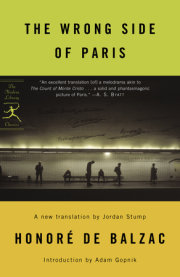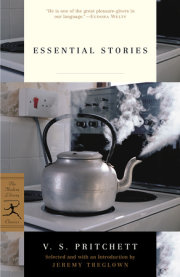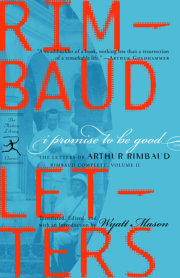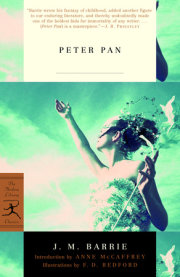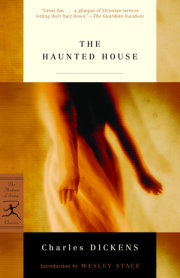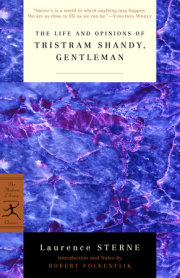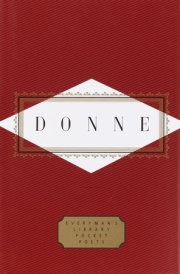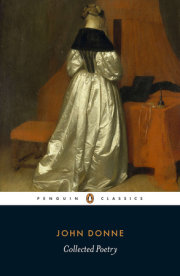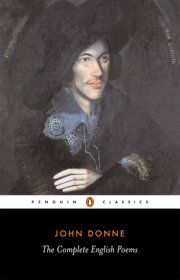Poetry
THE PRINTER TO THE UNDERSTANDERS
For this time I must speake only to you: at another, Readers may perchance serve my turne; and I thinke this a way very free from exception, in hope that very few will have a minde to confesse themselves ignorant.
If you looke for an Epistle, as you have before ordinary publications, I am sory that I must deceive you; but you will not lay it to my charge, when you shall consider that this is not ordinary, for if I should say it were the best in this kinde, that ever this Kingdome hath yet seene; he that would doubt of it must goe out of the Kingdome to enforme himselfe, for the best judgments, within it, take it for granted.
You may imagine (if it please you) that I could endeare it unto you, by saying, that importunity drew it on; that had it not beene presented here, it would have come to us from beyond the Seas; (which perhaps is true enough), That my charge and paines in procuring of it hath beene such, and such. I could adde hereto, a promise of more correctnesse, or enlargement in the next Edition, if you shall in the meane time content you with this. But these things are so common, as that I should profane this Peece by applying them to it; A Peece which who so takes not as he findes it, in what manner soever, he is unworthy of it, sith a scattered limbe of this Author, hath more amiablenesse in it, in the eye of a discerner, than a whole body of some other; Or (to expresse him best by himselfe),
—A hand, or eye,In the By Hilyard drawne, is worth a historyStorme By a worse Painter made;—
If any man (thinking I speake this to enflame him for the vent of the Impression) be of another opinion, I shall as willingly spare his money as his judgement. I cannot lose so much by him as hee will by himselfe. For I shall satisfie my selfe with the conscience of well doing, in making so much good common.
Howsoever it may appeare to you. it shall suffice mee to enforme you, that it hath the best warrant that can bee, publique authority, and private friends.
There is one thing more wherein I will make you of my counsell, and that is, That whereas it hath pleased some, who had studyed and did admire him, to offer to the memory of the Author, not long after his decease, I have thought I should do you service in presenting them unto you now; onely whereas, had I placed them in the beginning, they might have serv’d for so many Encomiums of the Author (as is usuall in other workes, where perhaps there is need of it, to prepare men to digest such stuffe as follows after), you shall here finde them in the end, for whosoever reades the rest so farre, shall perceive that there is no occasion to use them to that purpose; yet there they are, as an attestation for their sakes that knew not so much before, to let them see how much honour was attributed to this worthy man, by those that are capable to give it. Farewell. [1633]
HEXASTICHON BIBLIOPOLAE I see in his last preach’d, and printed Booke, His Picture in a sheet; in Pauls I looke, And see his Statue in a sheete of stone, And sure his body in the grave hath one: Those sheetes present him dead, these if you buy, You have him living to Eternity. Jo[hn] Mar[riot] [1633]
HEXASTICHON AD BIBLIOPOLAM incerti In thy Impression of Donnes Poems rare, For his Eternitie thou hast ta’ne care: ’Twas well, and pious; And for ever may He live: Yet shew I thee a better way; Print but his Sermons, and if those we buy, He, We, and Thou shall live t’Eternity. [1635]
DEDICATION TO THE EDITION OF 1650 To the Right Honourable William Lord Craven Baron of Hamsted-Marsham
My Lord,
Many of these Poems have, for severall impressions, wandred up and down trusting (as well they might) upon the Authors reputation; neither do they now complain of any injury but what may proceed either from the kindnesse of the Printer, or the curtesie of the Reader; the one by adding something too much, lest any spark of this sacred fire might perish undiscerned, the other by putting such an estimation upon the wit & fancy they find here, that they are content to use it as their own: as if a man should dig out the stones of a royall Amphitheatre to build a stage for a countrey show. Amongst all the monsters this unlucky age has teemed with, I finde none so prodigious, as the Poets of these later times, wherein men as if they would level understandings too as well as estates, acknowledging no inequality of parts and Judgements, pretend as indifferently to the chaire of wit as to the Pulpit, & conceive themselves no lesse inspired with the spirit of Poetry than with that of Religion: so it is not onely the noise of Drums and Trumpets which have drowned the Muses harmony, or the feare that the Churches ruine wil destroy their Priests likewise, that now frights them from this Countrey, where they have been so ingenuously received, but these rude pretenders to excellencies they unjustly own who profanely rushing into Minervaes Temple, with noysome Ayres blast the lawrell which thunder cannot hurt. In this sad condition these learned sisters are fled over to beg your Lordships protection, who have been so certain a patron both to arts and armes, and who in this generall confusion have so intirely preserved your Honour, that in your Lordship we may still read a most perfect character of what England was in all her pompe and greatnesse, so that although these poems were formerly written upon severall occasions, and to severall persons, they now unite themselves, and are become one pyramid to set your Lordships statue upon, where you may stand like Armed Apollo the defendor of the Muses, encouraging the Poets now alive to celebrate your great Acts by affording your countenance to his poems that wanted onely so noble a subject. My Lord, Your most humble servant [1650]John Donne [the Younger]
TO JOHN DONNE
Donne, the delight of Phoebus, and each Muse, Who, to thy one, all other braines refuse; Whose every work, of thy most early wit, Came forth example, and remaines so, yet: Longer a knowing, than most wits doe live; And which no’n affection praise enough can give! To it, thy language, letters, arts, best life, Which might with halfe mankind maintain a strife; All which I mean[t] to praise, and, yet, I would; But leave, because I cannot as I should! B[en] Jons[on] [1650. From Jonson’s Works, 1616]
TO LUCY, COUNTESSE OF BEDFORD, WITH M. DONNES SATYRES
Lucy, you brightnesse of our Spheare, who are Life of the Muses day, their morning Starre! If works (not th’Authors) their own grace should look Whose poems would not wish to be your book? But these, desir’d by you, the makers ends Crown with their own. Rare Poems ask rare friends. Yet, Satyres, since the most of mankind bee Their unavoided subject, fewest see: For none ere took that pleasure in sins sense, But, when they heard it tax’d, took more offence. They, then, that living where the matter is bred, Dare for these Poems, yet, both ask, and read, And like them too; must needfully, though few, Be of the best: and ’mongst those best are you; Lucy, you brightnesse of our Spheare, who are The Muses evening, as their morning-Starre. B[en] Jons[on] [1650. From Jonson’s Works, 1616]
TO JOHN DONNE
Who shall doubt, Donne, where I a Poet bee When I dare send my Epigrammes to thee? That so alone canst judge, so’alone do’st make: And, in thy censures, evenly, dost take As free simplicity, to dis-avow, As thou hast best authority, t’allow. Read all I send: and, if I finde but one Mark’d by thy hand, and with the better stone, My title’s seal’d. Those that for claps doe write, Let pu[i’]nees, porters, players praise delight, And, till they burst, their backs, like asses load: A man should seek great glory, and not broad. B[en] Jon[son] [1650. From Jonson’s Works, 1616]
Copyright © 2001 by John Donne. All rights reserved. No part of this excerpt may be reproduced or reprinted without permission in writing from the publisher.

